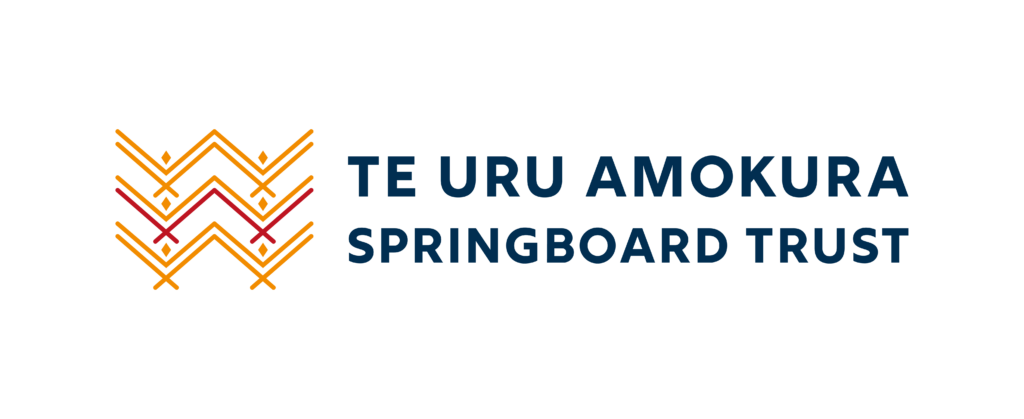Over-reliance on inquiry-based learning in science is resulting in lower subject literacy rates in New Zealand, the Ministry of Education has warned.
“Inquiry-based or teacher-directed science? Evidence from PISA”, the latest paper from the MoE, highlights 2015 work done by the Programme for International Student Assessment (PISA) and places it in a NZ education context.
It analysed three years of research, finding that across the board, New Zealand science students were regularly exposed to higher levels of inquiry-based learning than international averages. Startlingly, disadvantaged students in New Zealand experienced the fifth-highest levels of this teaching in the world.
Even accounting for student and school factors, PISA found that these high levels of inquiry-based learning were inextricably linked to lower scientific literacy. For New Zealanders, high exposure could result in student being set back as much as half a year – the second-highest negative association in the world.
For educators, the lesson is clear – over-reliance on inquiry-based learning, especially for disadvantaged students, is having a negative impact.
Finding the ‘sweet spot’ in science education
Despite the negatives associated with too much inquiry-based learning, it is a style that can deliver absolute benefits to students. Learner-led discussions can foster new ideas, improve student engagement with the curriculum, and present wholly positive outcomes. The key, as in most things, is moderation.
The MoE recommends finding a ‘sweet spot’, “with teacher-directed methods in most to all classes and the use of inquiry-based activities in some classes”.
Additionally, educators should ensure they have the right prerequisites for an effective learner-lead discussion, including:
- Adequate teacher planning time with relevant materials.
- Appropriate learning behaviours (low noise and disruption in class).
- Teaching key content or ideas in advance of the lesson.
- Well-judged levels of educator guidance.
The MoE believes the ideal version of this is a module that begins largely with teacher-directed learning. Then, as students build their own knowledge base and have the confidence to drive conversations, using inquiry-based lessons as a way of cementing and rewarding that deeper understanding.
It is up to educators, who will know their learners best, to determine where the line between teacher-directed learning and inquiry-based lessons must be drawn. But across the board, there is a clear need to ensure the latter is a bonus, rather than a backbone.









